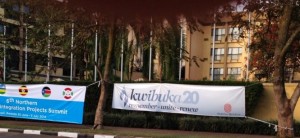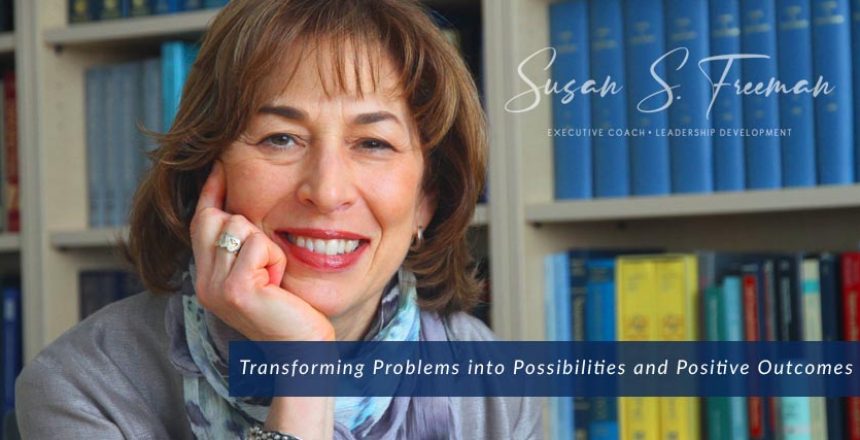When I visited Rwanda this last month, my primary purpose was to deepen my connection to the Akilah Institute for Women. My blog post, “More Leadership Lessons from Rwanda” focused on how they were taking our Step Up Leader principles and integrating them into their world.
This week and next, I will share my impressions and highlight a few cultural distinctions that I believe contribute to Rwanda becoming a leading nation in Africa. I hope these observations may shed light on what we may learn about transformation.
The timing of my visit coincided with the conclusion of the Kwibuka, the 20th Anniversary of the Genocide, in which one million people were murdered in less than ninety days. Signs of remembrance were visible throughout Kigali, the capital. Although a sober time of reflection, we also witnessed the resilience of the human spirit.

As Rwandans shared stories with me about their past, what struck me was the question of “how are they able to do it?” How are they able to reconcile, rebuild, and create meaning as individuals and collectively as a people after the horrors they had all experienced?
If it were possible in Rwanda, what could that tell us about our ability to learn from conflict and divisiveness? What does it tell us about our own innate potential for a different sort of leadership?
A recent New York Times Magazine feature, quotes survivor Cesarie Mukabutera: “Many among us had experienced the evils of war many times, and I was asking myself what I was created for. The internal voice used to tell me, ‘‘It is not fair to avenge your beloved one.’’ It took time, but in the end we realized that we are all Rwandans. The genocide was due to bad governance that set neighbors, brothers and sisters against one another. Now you accept and you forgive. The person you have forgiven becomes a good neighbor. One feels peaceful and thinks well of the future.”
President Paul Kagame is widely credited with having spearheaded a business-like approach to running the government. Whatever one may think of Rwandan internal politics, there is no mistaking that Rwanda is mending itself from its recent human tragedy. One of the keys, according to Michael Fairbanks, as quoted in the New York Times, is that “Paul Kagame has successfully built modern institutions on traditional values.”
“Today, Rwanda is a different place: growth has averaged almost 8 percent over the last decade, wages have increased by 30 percent in the key export sectors, street crime is almost unknown and corruption measures among the lowest in Africa. Two weeks ago, Rwanda was named the third most competitive economy in all of Africa, after South Africa and Mauritius.”
Rwanda has been blessed with a beautiful national geography; aptly named “The Land of a Thousand Hills.” It is lovely to look at; often hilly, lush, and fertile; therefore agriculturally- based. We never saw people begging for food; health care is universal. The country is young; with 70% of population under the age of 50. Education is a priority and university attendance is growing rapidly. In 1994 there was one university with 2000 students; in 2014 there were 20 with over 80,000 students.
This is a place that is focused on creating a vibrant future; while entering it as one people with reverence for a shared past.

